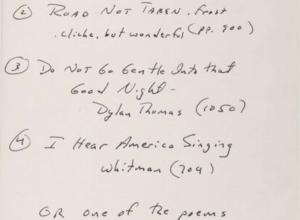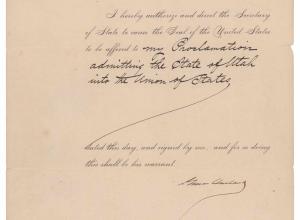September 2014 |
Felix Fénéon and Twitter Before Twitter
Novelist David Mitchell recently completed his short story "The Right Sort," released over Twitter in a series of 280 tweets. Each tweet was limited to 140 characters, a restriction Mitchell labeled a "diabolical treble-strapped textual straitjacket." "The Right Sort:" is believed to be the first work by a major novelist released via Twitter.
But sometimes the medium eludes the creator.
Over a century ago, editor, journalist, and Parisian art critic Felix Fénéon wrote a series of news items for the French newspaper Le Matin. Each piece was a complete story told in three lines, submitted anonymously and with no further explanation.
Several examples from 1906 follow:
"Bones have been discovered in a villa on Ile Verte, near Grenoble, belonging - she admits it - to the clandestine offspring of Mme. P."
"No one hanged the young Russian Lise Joukovsky; she hanged herself, and the Rambouillet magistrates have allowed her to be buried."
"Maître Tivollier, attorney of Grenoble, was hunting. He tripped; his gun went off; Maître Tivollier was no more."
Although they were written over 100 years ago, Fénéon's Le Matin stories are uniquely suited for Twitter, as they all hover beneath the 140-character limit. This quality has not gone unnoticed by the New York Review of Books, who have set up a Twitter account in Fénéon's name (@novelsin3lines) and are gradually re-releasing Fénéon's stories over a medium uniquely suited to his aesthetic. (The New York Review of Books also published a collection of Fénéon's stories several years ago entitled Novels in Three Lines.)
The exercise has given a new life to Fénéon who quite contentedly labored behind the scenes in turn of the century Paris. A committed anarchist, Fénéon was also an art critic and art dealer, uniquely trusted by Matisse and the initial promoter for Seurat. He was also an editor and journalist, although he steadfastly refused the spotlight and famously once said "I aspire only to silence."
But perhaps Fénéon was only missing the right medium for his voice.
[Image from Wikipedia]
















